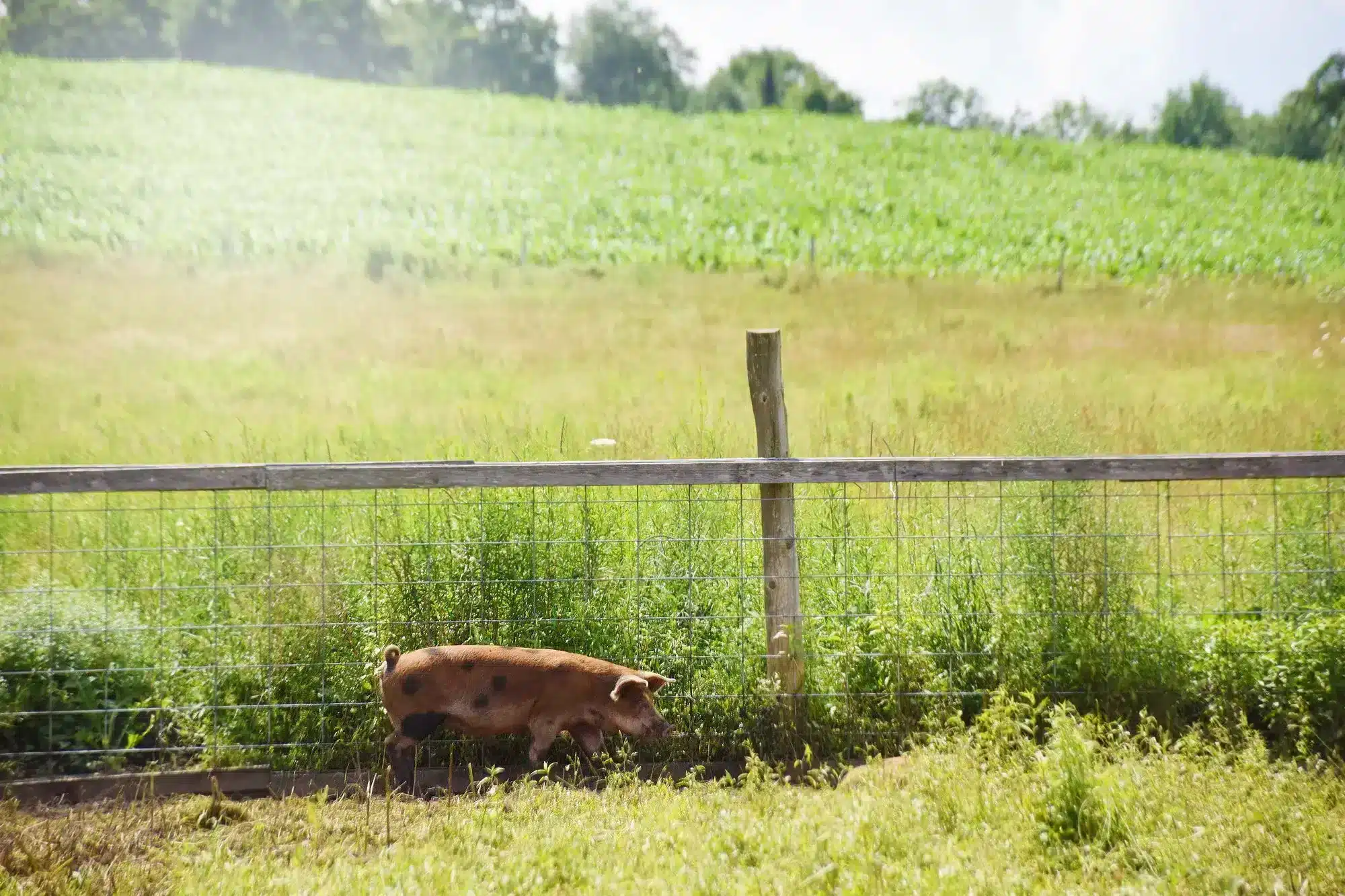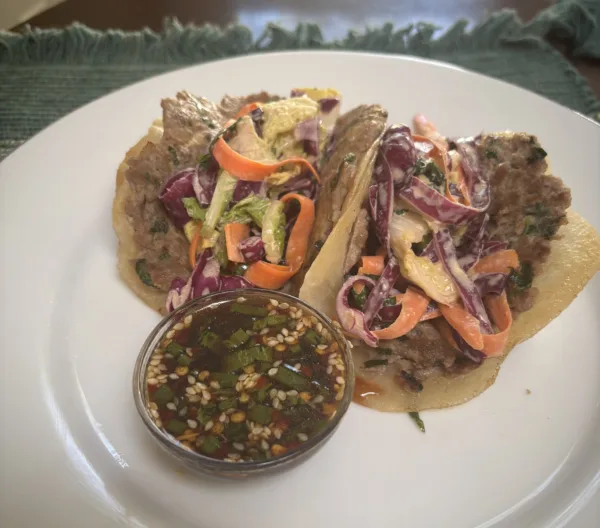Women in Agriculture

International Women’s Day (IWD) first appeared in the early 1900s when 15,000 women gathered to march through the streets of New York City, and demanded better working conditions, pay, and voting rights. In 1911, International Women’s Day was recognized for the first time in Austria, Denmark, Germany, and Switzerland. On March 19th of that year, more than 1 million attended rallies across the world marking the beginning of a huge shift for women’s rights.
Since then, we celebrate International Women’s Day every year on March 8 in countries around the globe. At Walden, we wanted to recognize a few of the innovative thinkers who have shaped our industry for the better.
DR. MARY ENGLE PENNINGTON

The vast array of refrigerated foods we enjoy today are the direct result of the work done by Dr. Pennington. In 1892, she was denied a bachelor’s degree because of her gender, but completed a certificate of proficiency in chemistry before eventually earning her PhD. She joined the U.S. Department of Agriculture in 1905, then became the Chief of its Food Research Lab by 1908. Over the next 40 years, she developed milk and dairy storage standards and investigated the efficiency of refrigerator cars. She also helped educate the public on safe food handling and oversaw the construction of refrigerated warehouses and industrial complexes. In 1941, The New Yorker dubbed her the “Ice Woman” in honor of the contributions she made to her field.
DR. TEMPLE GRANDIN

A prolific scientist and autism activist, Dr. Grandin is a prominent proponent for the humane treatment of livestock in food production. She has authored more than 60 scientific papers on animal behavior, and her research has led to sweeping changes in how animals are treated in meat production. Dr. Grandin was one of the first ever scientists to notice that visual distractions (such as shadows and dangling chains — things most of us would never notice) affected the stress levels of livestock. In 2010, Time listed her as one of the top 100 most influential people in the world.
DR. MARIA ANDRADE

Droughts are a massive problem in Dr. Andrade’s hometown of São Filipe, Cape Verde. After studying plant genetics and breeding at the University of Arizona and receiving her PhD from North Carolina State University, she returned to Cape Verde to apply her research to help farmers create drought-resistant produce. In only five years’ time (2011-2016), Dr. Andrade and her team created 22 drought-tolerant varieties of sweet potato. Struggling farmers are now able to grow these vitamin-rich sweet potato varieties to help feed their communities during crop destroying dry seasons. Dr. Andrade’s sweet potatoes are currently grown as far away as Abu Dhabi and Bangladesh!
The world owes its agricultural progress to innovative thinkers like these women and the many others who have followed in their footsteps. Walden celebrates this long tradition of researching and developing better ways to feed our planet!
Related Posts

Grass-Fed Classic Eggnog
A rich and creamy eggnog made with Walden’s milk and eggs.

Cooking Your Pasture-Raised Turkey
The difference between a Thanksgiving turkey raised outdoors on pasture and one raised inside in confinement is significant.

Smash Dumpling Tacos with Walden Pork
A novel (and delicious!) way to use ground pork in your weeknight rotation.